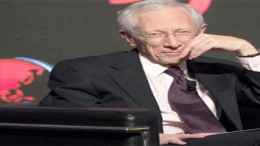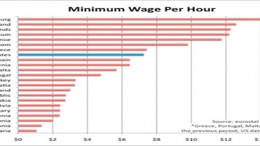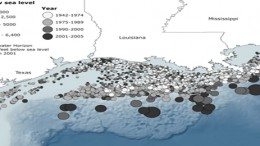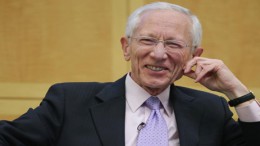The Pending Federization of Stanley Fischer?
SAO PAOLO | By Benjamin Cole at Marcus Nunes’ Historinhas | Slated to be No. 2 at the Fed is Stanley Fischer, who espouses adjustable inflation-targeting more than the locally preferred shooting for steady increases in nominal GDP (Market Monetarism), who knows?—it may amount to the same thing in practice.








